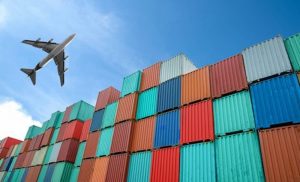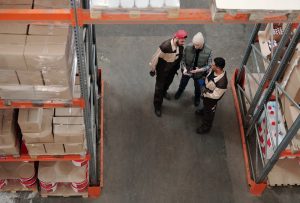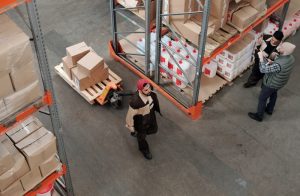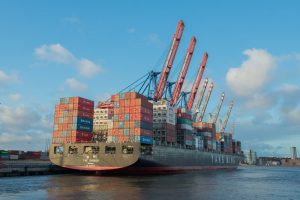
Zerar Imposto de Importação: É Possível?
Quando se trata de importar, uma das maiores preocupações das empresas brasileiras é o custo envolvido, especialmente o imposto de importação. Pensar sobre a possibilidade

Quando se trata de importar, uma das maiores preocupações das empresas brasileiras é o custo envolvido, especialmente o imposto de importação. Pensar sobre a possibilidade

A importação de produtos é uma atividade essencial para as empresas que buscam competitividade e inovação. No entanto, os altos custos tributários podem representar um

A Tarifa Externa Comum (TEC) é um elemento crucial para a integração econômica entre países membros de blocos econômicos. Neste texto, vamos explorar de forma

The formal importation of goods is an opportunity to analyze the feasibility of reducing costs in organizations, but there are challenges that need to be addressed.

Technology is increasingly present and integrated into our daily lives. When comparing with past decades, the increase in speed in processing

When a product that is intended to be imported has the need to issue an import license, or if the sum of the value of the product, insurance

Brazil currently has several international agreements, from neighboring countries to countries on other continents. These international agreements help economically in the development of new

Imports are an ally of Brazilian companies, especially when thinking about importing items that are not easily found in the domestic market or in

Those who have already imported know that in all traditional imports there is a need to pay federal taxes for the nationalization of products. However, there are systems

In the routine of foreign trade, there are several situations in which we will observe specific codes and references categorized in Siscomex (Integrated Foreign Trade System) that at